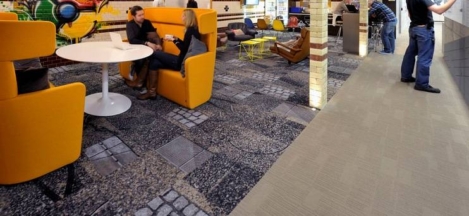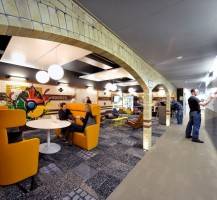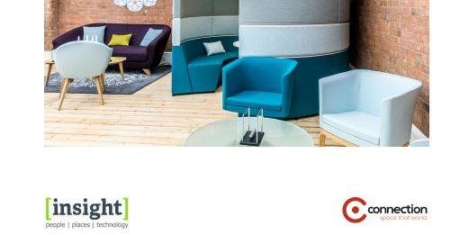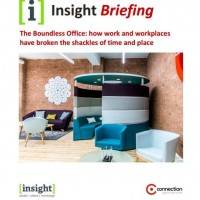March 30, 2016
Career satisfaction and work-life balance are top employee draws 0
 Although a competitive salary, company perks and an exceptional office culture may seem enticing to the American workforce, a new study shows there are more important motivational factors. A survey conducted by Kelton Global for Cornerstone OnDemand reveals that career satisfaction and work-life balance are the top reasons American stay at their current jobs (38 percent combined), while nearly three in ten (29 percent) resign due to work overload and lack of healthy work-life balance. Employees said they’d make life-altering decisions and considerable sacrifices in order to find a sense of satisfaction, fulfillment and purpose in their careers. In fact, 89 percent of employees would consider making a lateral career move with no financial incentive for multiple reasons, including to start an entirely new career (41 percent) or take on a professional challenge (40 percent). Additionally, relocating to a different city, state or country is a desirable career move for 77 percent of employees. (more…)
Although a competitive salary, company perks and an exceptional office culture may seem enticing to the American workforce, a new study shows there are more important motivational factors. A survey conducted by Kelton Global for Cornerstone OnDemand reveals that career satisfaction and work-life balance are the top reasons American stay at their current jobs (38 percent combined), while nearly three in ten (29 percent) resign due to work overload and lack of healthy work-life balance. Employees said they’d make life-altering decisions and considerable sacrifices in order to find a sense of satisfaction, fulfillment and purpose in their careers. In fact, 89 percent of employees would consider making a lateral career move with no financial incentive for multiple reasons, including to start an entirely new career (41 percent) or take on a professional challenge (40 percent). Additionally, relocating to a different city, state or country is a desirable career move for 77 percent of employees. (more…)

































March 22, 2016
While politicians squabble, here’s what the Budget meant for the workplace 0
by Mark Eltringham • Comment, Facilities management, Legal news, Workplace, Workplace design
(more…)